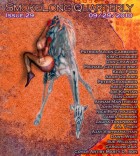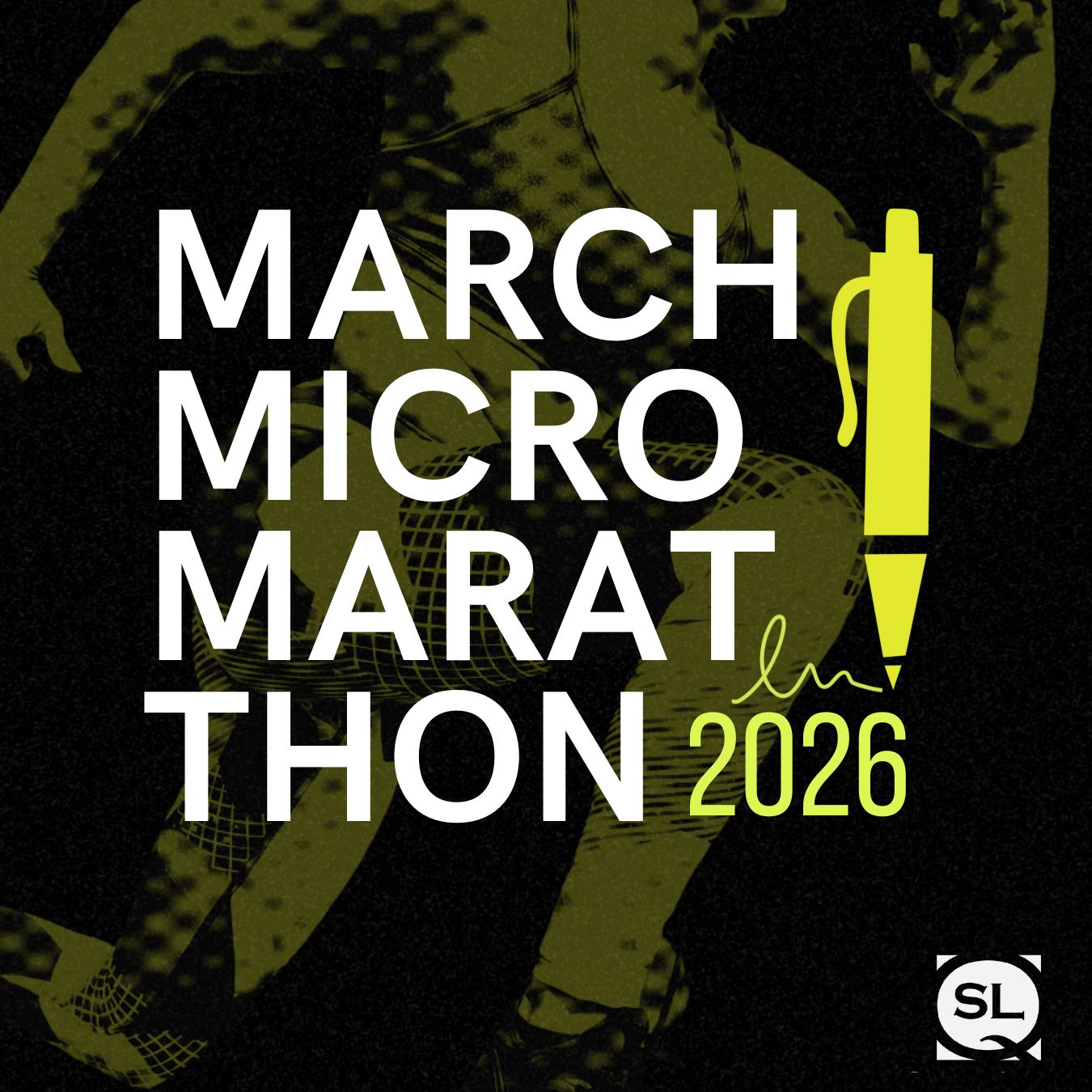Does the story have a specific time and place?
The short answer in regards to both time and place is no – I wanted this piece to feel like a past and a present and a future all at once, so that it could mirror its biblical predecessors but also our contemporary hive of chaos and then even give a glimpse into the future-tense, where this story is a perhaps or a maybe or an omen. And the setting is much the same as this – a place that would be detailed enough to provide a solid backdrop but not so utterly pinned that it cannot move into our varied imaginations – I always want my readers digging the text out by hand or shovel, on their own, so keeping both the time and place open is a way to merely hold the lantern above their heads and ask them to keep going.
The prose style of this piece is very interesting. In choosing your words and sentence structures, were you influenced by The Bible?
This piece is built entirely on the notion of a flood, so the Biblical (or inherently religious) language was something that always played in my mind but that I resisted or edited out at every possible place. While there is power in usurping religious syntax, I wanted the text to be more than a rewriting, more than a retelling – both of which it certainly attempts to be, though the reader is sole judge of its success on that front.
The word “we” in the last line of this piece is so powerful. In writing this story, did you always know that the address to the reader would be there?
Quite frankly, I never know where any individual piece is heading until I have written its words. I will often remark to my wife about a particular turn or twist that I didn’t expect in a piece that I have just written – I believe David Mamet has said in interviews that he doesn’t know any more about the characters in his plays than what he has put on the page, and I feel much the same way – I never know where I am heading until I am there, and in this piece, we became flooded alongside Noah, awaiting his fate the same as ours, and it didn’t happen until it was too late, the very last line of the text, the final moment.
You’ve written both novels and novellas. Having just finished my first novella, I’ve found it to be a fascinating form. Do you see big differences in how you approach flash versus novels versus novellas?
When I start a project, I only know the cusp of where it is going, and typically it takes me 5-10K words before I can begin to see whether it is meant to be a sharper, shorter, more aggressive novella-length piece or if it is a novel-length project that will need a little more space, some ease in its breathing, more pages to fully-render the breadth of the story.
But in terms of flash v. both of those forms, I always write flash or micro-fiction or tiny prose-poems and every book I’ve ever written has been based on and built from those. I want the moments, the subtexts, the subtleties – I don’t want the long, drawn out story (I abhor exposition) – so every piece I write is an attempted blink of a story, the fragment of time when we closed our eyes and saw the instant and glimmering truth. If I do my job well, then this is what my books become.



 In its third year, The March Micro Marathon will be, as usual, a prompt-a-day whirlwind for 24 days. You’ll exchange drafts of micro fiction, non-fiction, and prose poetry in small groups and gather for a series of online events (all recorded for participants unable to attend live). We’ll finish with 3 competitions, and participants who are not already in SmokeLong Fitness will be invited to workshop with SmokeLong Fitness until the end of April!
In its third year, The March Micro Marathon will be, as usual, a prompt-a-day whirlwind for 24 days. You’ll exchange drafts of micro fiction, non-fiction, and prose poetry in small groups and gather for a series of online events (all recorded for participants unable to attend live). We’ll finish with 3 competitions, and participants who are not already in SmokeLong Fitness will be invited to workshop with SmokeLong Fitness until the end of April!